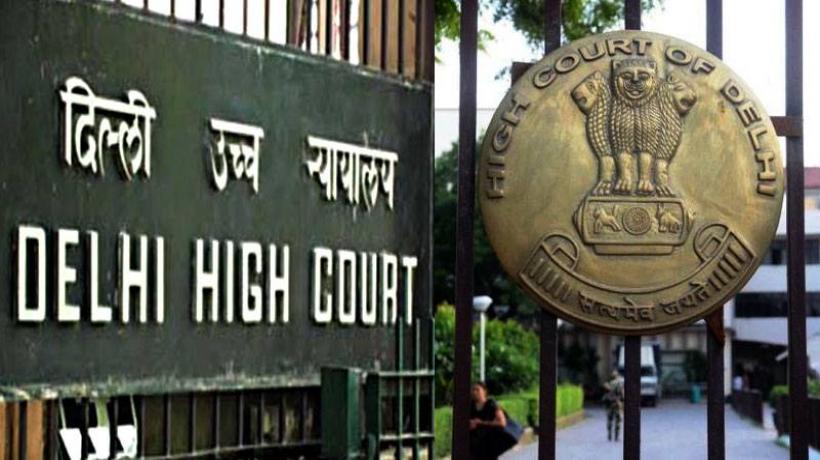
The Delhi High Court in the case Ravi Gupta v. State (Govt of NCT of Delhi) and Anr observed and has recently held that it is crucial to distinguish between legitimate or reasonable expectations and illegitimate or unreasonable demands made by citizens from the State.
The bench headed by Justice Swarana Kanta Sharma in the case observed and has opined that undoubtedly the citizens‘ expectation of protection of their life and liberty by the State is a fundamental aspect of governance in any society and the citizens look to their government to provide safety, security, and a legal framework that safeguards their rights and well-being.
However, it is the crucial distinguish between the legitimate and reasonable expectations and illegitimate or unreasonable demands when it comes to the role of the State.
The court in the case stated that the legitimate expectations may refer to reasonable and justifiable hopes that individuals have from the State, which evolve around the protection of basic human rights, rule of law, access to justice, and security.
The court observed that the citizens have the right to expect the State to provide these essential services as part of its social contract and on the other hand, there are situations where the individuals may raise demands which do not fall within such scope.
Therefore, the said demands may arise out of private affairs, personal disputes, or expectations that extend beyond the boundaries of what the State can reasonably provide or fall under remedy specifically provided under law.
The bench headed by justice Sharma in the case observed while dismissing the petition moved by a man seeking the compensation of over Rs. 83 lakhs from the Delhi Government for a gunshot injury suffered by him in 2018.
In the present case, the man was shot by an individual and an FI R was registered under Sections 307, 506 and 34 of IPC read with Section 27, Section 54 and Section 59 of Arms Act. It being the case of him that he had undergone multiple surgeries and got operated in Medanta Hospital due to which he incurred huge medical expenses.
He in the case also seek compensation for an amount of Rs. 18,60,000 for medical expenses, Rs. 35 lakhs for loss of livelihood for about five years and Rs. 30 lakhs for mental and physical sufferings. The bench headed by Justice Sharma in the case observed and has stated while rejecting the plea that the man had sought compensation from the Delhi Government for the harm inflicted on him by one individual but the allegations levelled by him were yet to be proved during the trial, for which the criminal law had been already set into motion.
The court stated that the benefit of provisions under Section 357 or section 357A shall be available to the petitioner, as per law, as far as compensation is concerned, after conclusion of trial. Thus, this Court finds no merit in the present petition.
The court while considering the facts and circumstances of the case stated that the Trial Court cannot provide any compensation at this stage to the victim in the present case i.e. the petitioner herein and the provision of Section 375A (4) of Cr.P.C. also has no application in the present case since the accused persons in the present case have been identified, chargesheet against them stands filed and the trial has already begun.
The counsel, Advocates Pradeep Kumar Arya, Vishal Sheoran, Gaurav Chaudhry, Pulkit Chadha, and Arpit Bamal appeared for the petitioner.
The counsel, ASC Sanjeev Bhandari for State; Advocate Kunal Mittal represented the respondent.